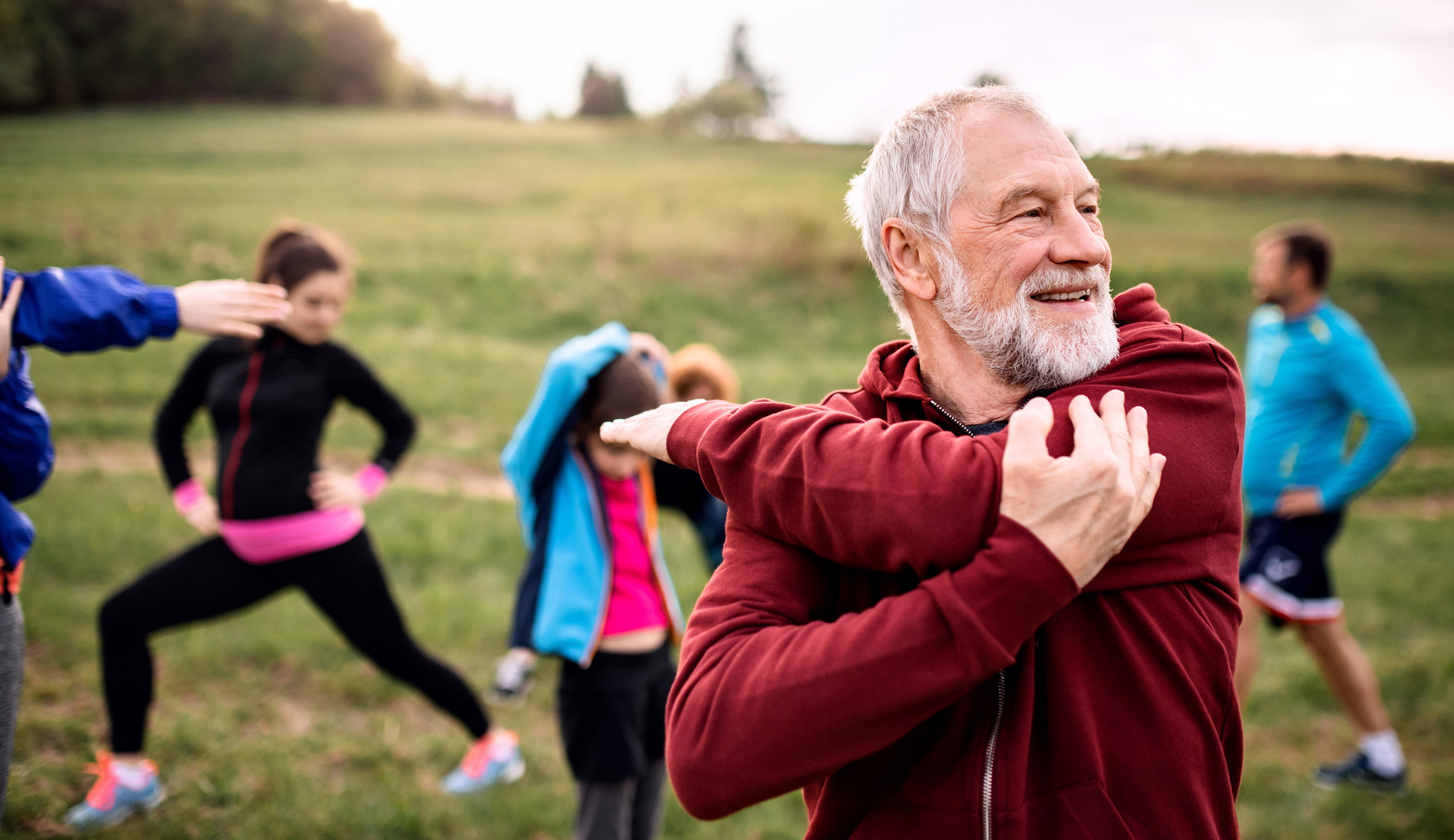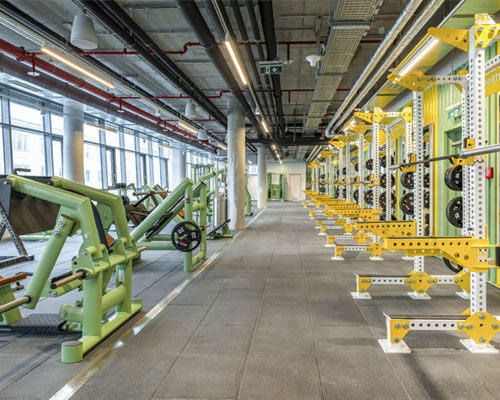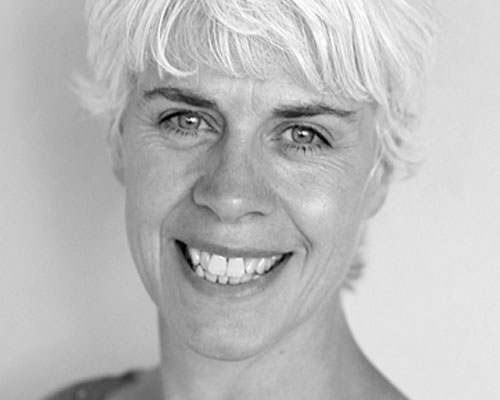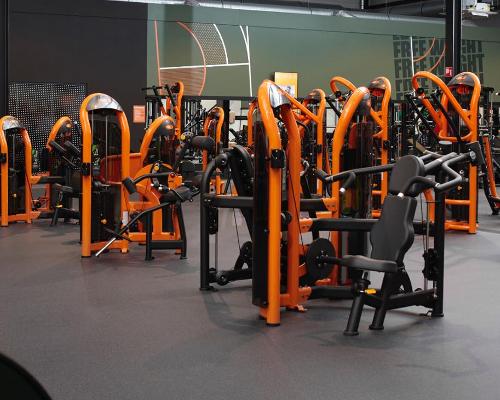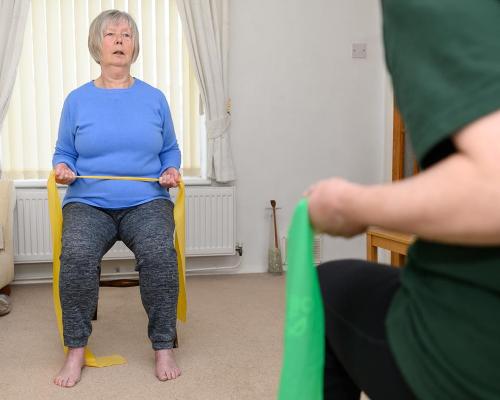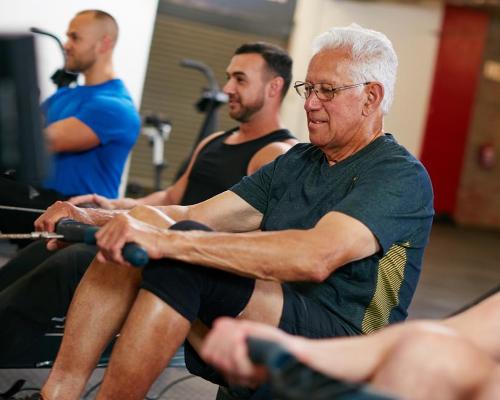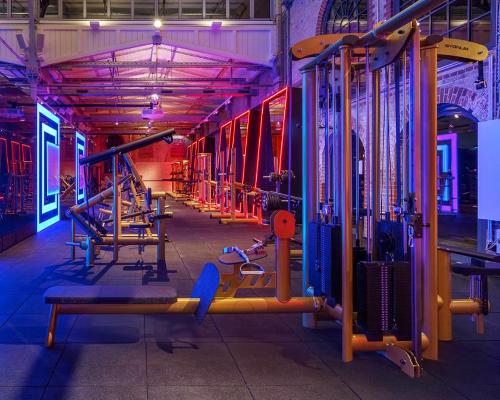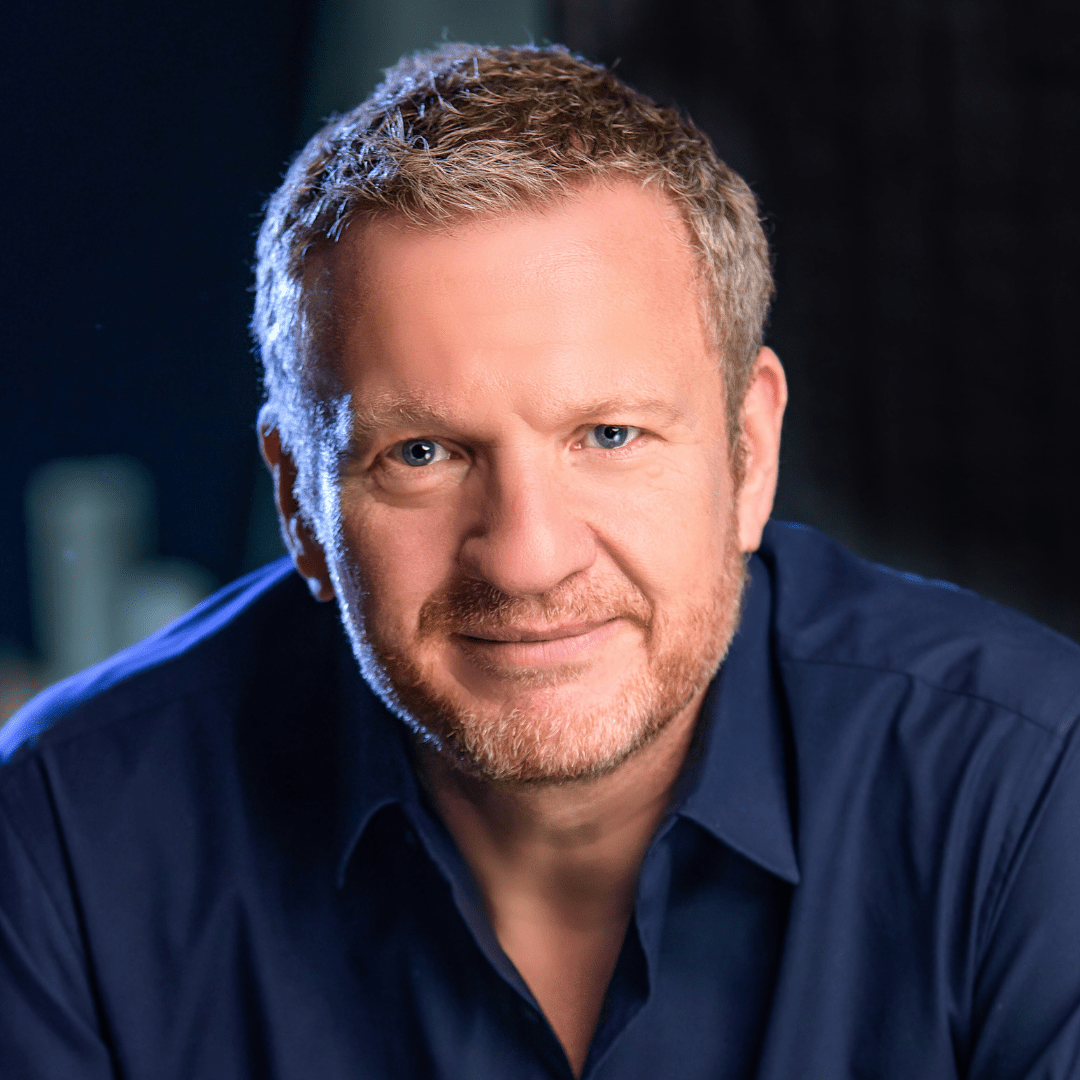features
Opinion: Here comes the future
Kath Hudson talks to industry experts from around the world about their key takeaways from last year and their hopes for 2024



Although operators passed some of the inflation-driven price increases on to their customers last year, paying more for memberships doesn’t appear to have dampened demand.
Europe’s largest fitness chain, Basic-Fit, recorded 23 per cent year-on-year growth in membership, reaching 3.61 million members at the end of June 2023. Similarly, UK-based operator The Gym Group reported a membership increase of 10 per cent for half-year 2023 compared to half-year 2022, while SATS Group, one of the largest fitness chains in the Nordics, saw its total members increase by 6 per cent comparing the second quarter of 2023 to Q2 2022.
Despite a good recovery from the pandemic, the expansion plans of European operators are being challenged by inflationary-driven rises in operating and financing costs. Long-term cost control programmes and respective strategic measures are required to ensure sustainable growth and profitability.
As the current economic environment encourages fitness operators to evaluate and improve cost-efficiency, smart cost concepts demonstrate potential areas for cost savings. Finnish operator Liikku Kuntokeskus has set an example with its highly efficient club management, a small headquarters team, smart processes and automation for the operation of its 41 clubs.
PFurther expansion of 20 clubs per year in the Finnish market until 2025 has already been announced, which underlines the expected broader market acceptance of this approach.
Smart cost concepts have already taken root in several other European markets. Fitness Up in Portugal is cutting costs across its chain of around 40 sites by using second-hand gear or equipment of local suppliers and FitActive, which runs around 100 clubs in Italy, as well as Fitomat in Germany all operate partially without staff.
Looking ahead, large European fitness operators could be affected by new EU regulatory requirements. The Corporate Sustainability Reporting Directive (CSRD), which aims to modernise and improve sustainability reporting across the EU, came into force at the beginning of 2023.
European fitness operators that exceed certain criteria – eg, based on the number of employees and sales – will need to comply with the new EU reporting requirements in the coming months.
Further market insights including the development of European markets and operators in 2023, M&A activities and recent consumer findings will be portrayed in the European Health & Fitness Market Report 2024, to be published by EuropeActive and Deloitte in April 2024.


Last year, holistic health came through as a trend which we expect to see more of in 2024, as consumers consider their overall health rather than just working out. People are looking to incorporate fitness and wellness into their lifestyles, not for it to be for just one hour a day.
Although people are keen to be a part of a community again, digital fitness will remain important and Xponential is looking at ways to use technology to innovate and keep delivering exceptional workout experiences, regardless of where that might be. The challenge going forward is striking the right balance – and allocating the right resources – between the in-person and digital experience.
I think we’ll also see a move towards more personalised fitness products, informed by sophisticated data and biometric data and possibly driven by AI, which will allow a customisable experience tailored to individual needs, while being general enough to be affordable.
Experience-driven fitness is another trend I expect to see more of, crossing over with entertainment. People are looking for more than just being able to replicate running in the park or doing push-ups on a bench: they’re looking at how they can get community, entertainment and fitness all in one place, because everyone is strapped for time.
I’m feeling very optimistic. There are so many untapped opportunities and great things that our industry can continue to deliver to the end consumer. It’s exciting to see where technology will take us, especially with customising fitness and making sure it’s a top-notch experience.
In 2024, our core focus will be supporting our franchisees to perform strongly. We also have the launch of Lindora – our newly-acquired weight management and wellness brand, as well as our new dance-fitness brand, Kinrgy – an online brand which we’re taking into bricks and mortar. Usually we go the other way round, so we’ll use this experience to prove out a new model.
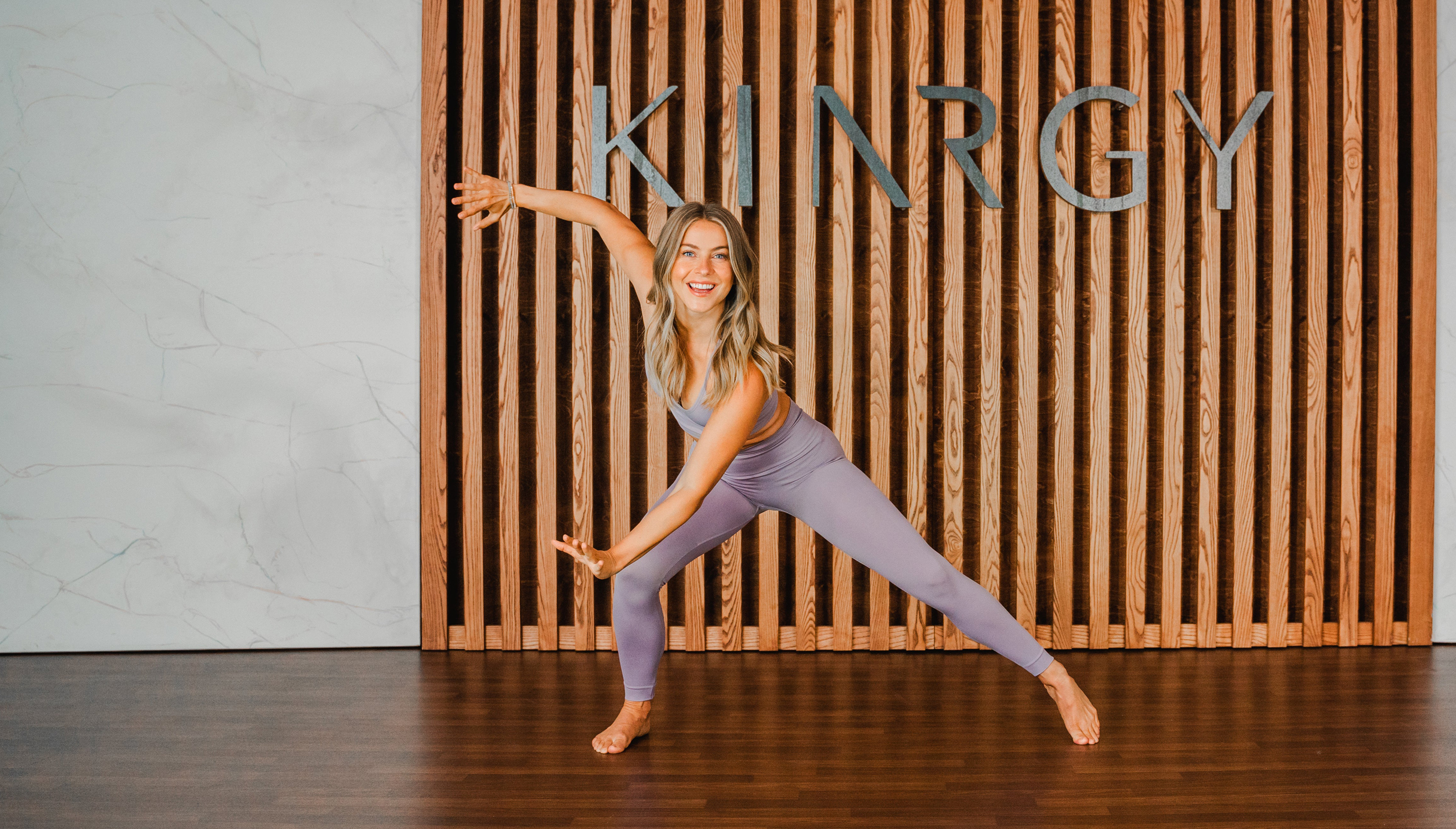

Last year represented tough operating conditions including high inflation, high energy costs and high interest rates. Yet PureGym continued to recover and invest, launching 40 new clubs. With people prioritising their health and wellbeing like never before the global fitness industry is booming, so we feel optimistic about the year ahead.
Customers are clearly more cost-conscious and will continue to spend carefully in 2024, but this plays to our strengths and proposition. At £23 a month in the UK, a PureGym membership costs the same as one takeaway coffee every three days. The value sector has historically proved resilient during times of economic downturn and there’s a clear opportunity for operators at the lower end of the market.
Inflation and the higher-than-expected increase to National Minimum Wage will continue to put pressure on operators’ cost bases, including our own. The challenge will be to mitigate these while finding new ways to continue to unlock value for members. So far we’ve kept like-for-like costs well under control. With only 5 per cent inflation expected in 2024 versus 2023 and with fixing our utility contracts, we’ve done our best to mitigate rising costs.
While the macroeconomic environment is likely to remain challenging, PureGym is in a good position to achieve its growth ambitions. There remains significant opportunity in our core markets of the UK, Denmark and Switzerland and we’re continuing to seek growth through franchising in other areas of the world.
With our partners from Al Hokair, we’re progressing well in the Middle East and have opened 19 gyms in the region since 2021. By 2027, we have plans to open 130 gyms across the wider Middle East and North Africa region and are in active conversations in numerous other territories including Japan, India and the US [PureGym has recently partnered with RCS Real Estate Advisors in the US on site-finding and franchise rollout, trading as Pure Fitness].
Further to this, we’re always looking to improve market penetration and are exploring ways to make our small box format gyms commercially viable in areas with smaller populations so we can bring value fitness to underserved communities.
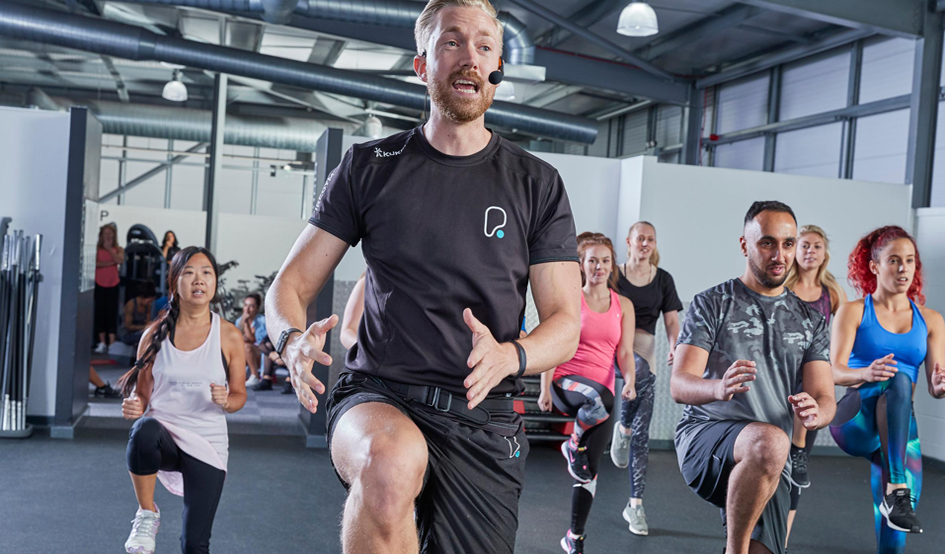
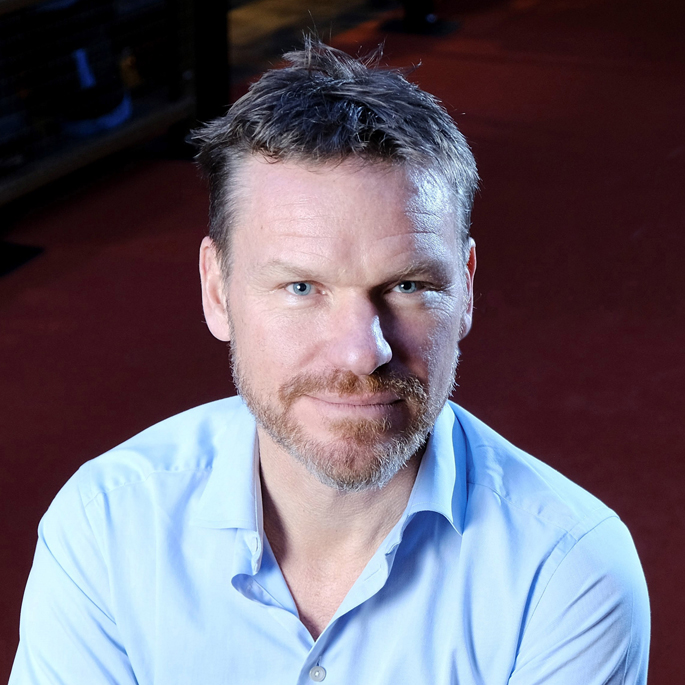
In terms of optimism I’m a 10 out of 10! The big tailwinds continue to blow very strongly for us: people prioritising experiences, fitness being a social as well as a health pursuit, fitness being a sport in itself, younger people exercising more, older people exercising more, broadening our appeal and reach… you get the drift.
Despite the foreboding tales of consumer spending meltdown earlier in 2023, life goes on for most and people are prioritising spending on gyms, so the demand side of our industry is in great shape. What people told us at the start of last year in surveys has played out. Imagine what might happen when real incomes start to grow again!
There have been some adjustments around where people spend their time, but many are working from home less than was predicted. As every month goes by we see new Monday looking more like old Monday and Friday was always a quieter day in the city.
From a training trend perspective, the big news is strength and conditioning and mind and body, with all things recovery and relaxation thrown in. I like the fact that mental health is now the number one driver for visiting a club, bumping losing weight off the top slot. It seems like a more honest and sustainable reason: you will nearly always feel happier after a workout, while achieving sustained weight loss is much harder.
Access to capital is still quite hard for our sector, and where businesses have emerged with their own form of long-COVID – with more debt than they would like and a backlog of investment needs – consumers will be unforgiving and take their business elsewhere.
As David Minton’s LDB report highlighted there was actually a 4 per cent reduction in the number of clubs in the UK between 2019 and 2023. I think this rebalancing might have another year to run, as operators sort out their portfolios and shed marginal sites. At the same time the report highlights the growth in members and yield, which is reflective of the strength of demand, despite net club closures. I see this growth in rates continuing, with operators having gained confidence in putting price increases onto members.
The boom in franchising concerns me slightly. Although I’m sure there will be some great stories, I wonder how often the unit economics match the dream sold. Some people will find it tough-going, with more expensive capital making it doubly hard. There’s been some press around this with regards to the bigger franchise platforms and I expect it will take some years for this to play out.
Third Space’s mantra is to get bigger as we get better. As we roll out new clubs we’ll also be rolling out new class programmes and expanding wellness and medical services. The demand from Londoners for our offering has never been greater. We’re also seeing great real estate opportunities as landlords repurpose office and retail space.

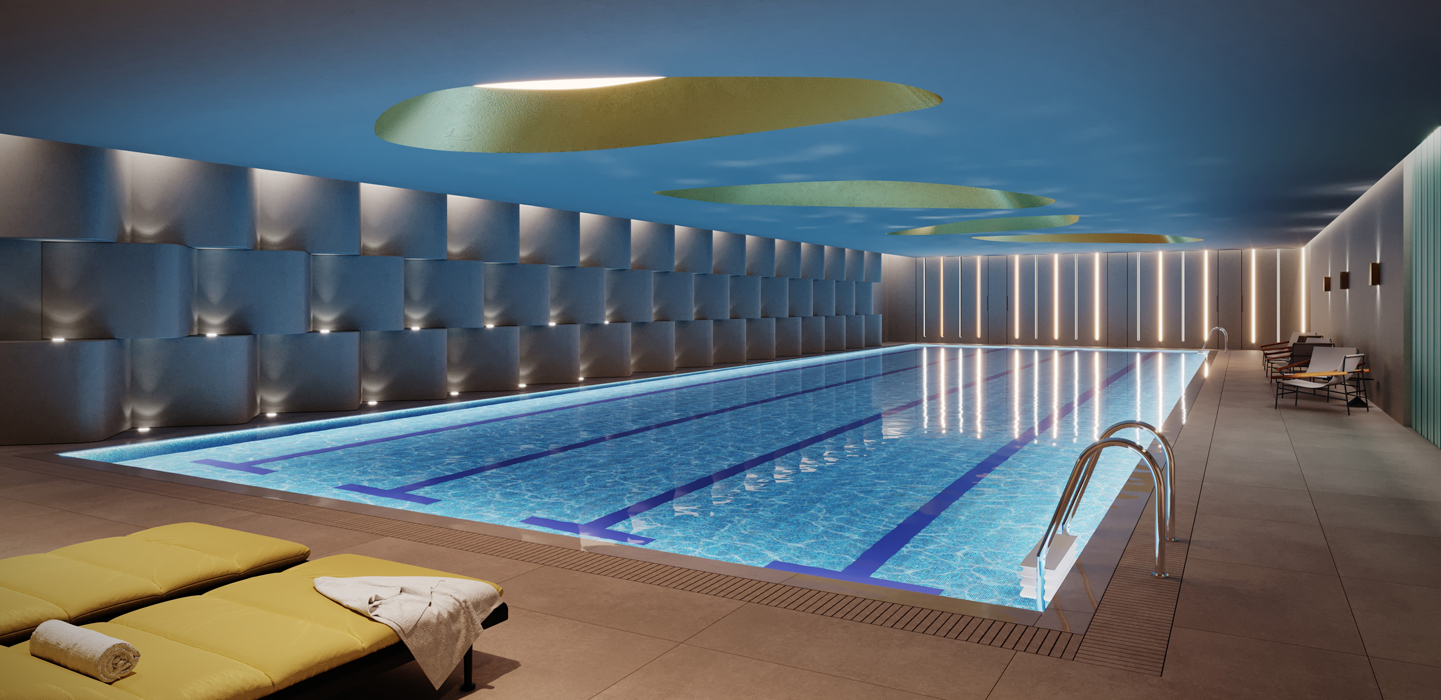
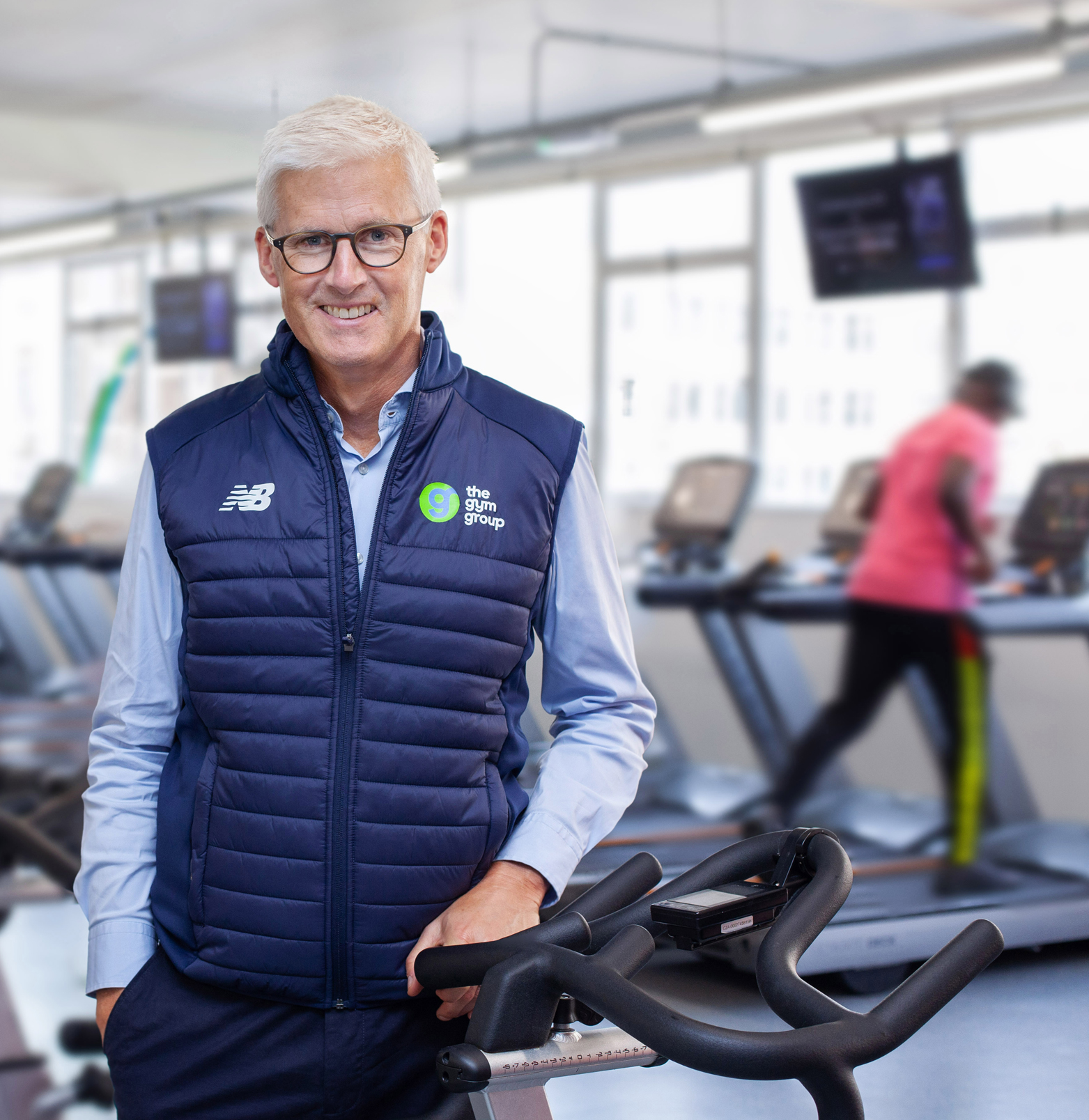
We’re entering 2024 feeling optimistic and think it will be a great year for both the industry and The Gym Group.
The fundamentals of the UK health club industry – particularly the low-cost sector – remain strong, with an ever-greater desire from consumers to prioritise their health and wellbeing. With mounting pressure on the NHS and obesity levels rising, the health and fitness sector continues to have an important role to play in enabling people to build healthy habits and feel good.
Cost of living pressure means people are seeking more value in their spending and we’re finding that our low-cost, high-quality and flexible memberships offer is an ideal solution: memberships at The Gym Group were up by almost 10 per cent on the prior year as of June-end 2023. We’re now making them even more accessible with the introduction of an off-peak membership, starting at just £12.99 a month at some clubs.
This year, The Gym Group will continue to focus on bringing down barriers to exercise, attracting new audiences and supporting more people to be healthy. Currently more than 50 per cent of the UK population lives within a 15 minute drive of one of our gyms, and we’ll continue to grow our estate, with plans for 10-12 new sites this year. We’ll also be investing in our current clubs with refurbishments and kit upgrades, including the introduction of 50kg dumbbells, lifting rigs, SkiErgs and air bikes.
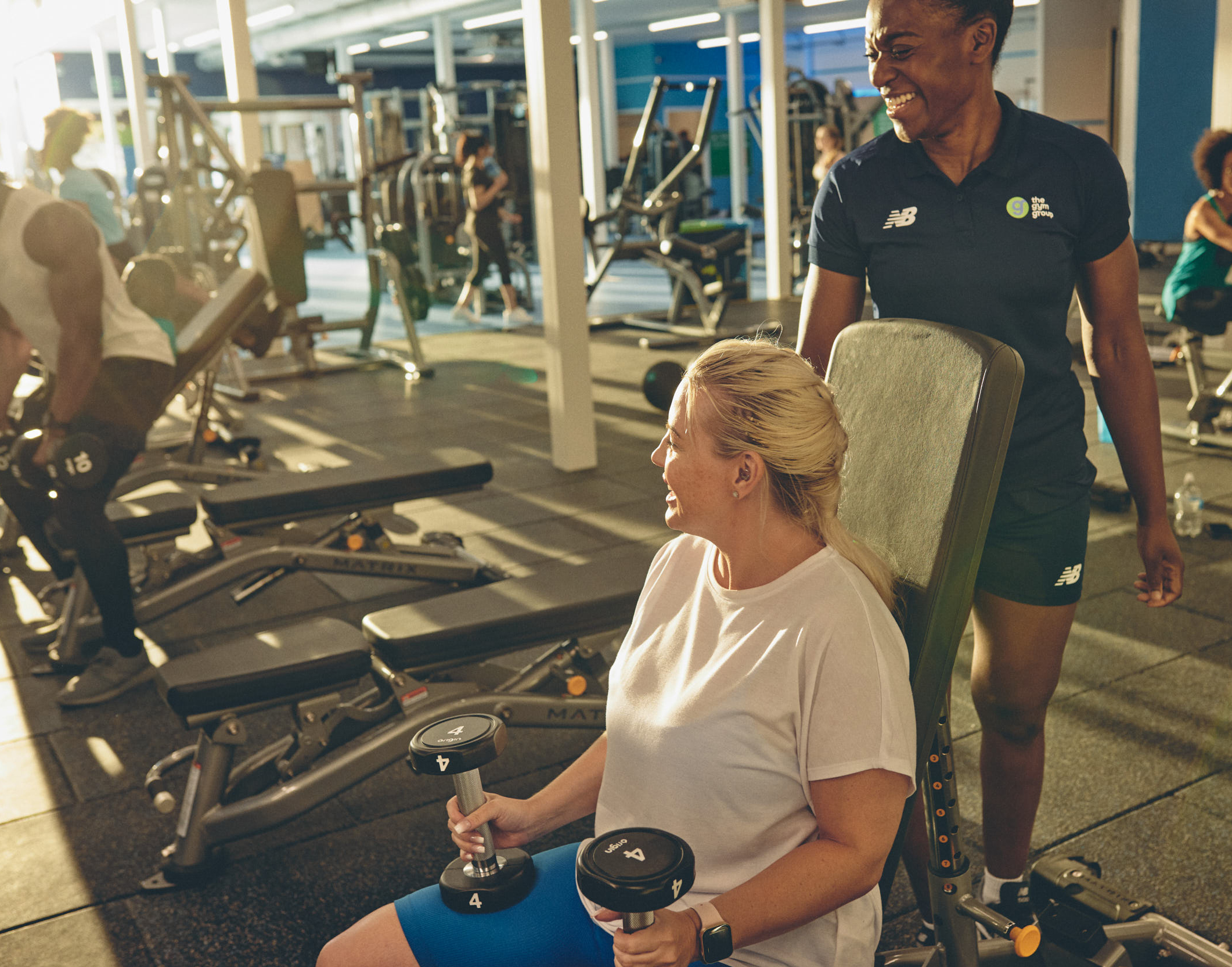
Last year proved that despite the digital offers, people still like to go to the gym to work out. People want to support their health and the community aspect of training is appealing, especially in a highly individualised society like Germany. Flexible memberships are also desirable, as people don’t want to enter into long contracts.
For both men and women, the fitness trend is moving back towards heavy strength training, increasingly involving free weights, such as dumbbells and barbells. Strength training is also becoming more of a focus in group fitness, for example boot camp classes or circuit training. Functional training – holistic full-body training using bodyweight – also remains in vogue.
Reformer Pilates is on the rise and we’re starting to offer this at John Reed Fitness. Pilates training on the machine is particularly intensive and efficient, as it trains and stabilises the entire body in a way that’s gentle on the joints.
After more than 25 years, one of RSG’s main challenges is to renew our cult brand McFit in a careful but future-orientated way, that will continue to fulfil the needs of our various target groups, including Gen Z. Stay tuned for the launch of a new concept in 2024, where we will gradually modernise and remodel the studios.
There is still a lot of potential in Germany. At 13 per cent, our penetration rate is still nowhere near as high as in other countries, such as Scandinavia, where it is more than 20 per cent. A combination of aggregators working in the market, target groups for fitness operators becoming broader and consumers’ special interests increasing significantly is creating further opportunities for boutique studios.
In 2023, we set the course to lead the RSG Group into a sustainably successful future. Unlike other industries, we’re not afraid of digital solutions or AI. To get fit, people must continue to train – muscle only grows under resistance – so we feel optimistic. This year, we’ll continue to focus on our core brands McFit, John Reed and Gold’s Gym and continue our expansion course.
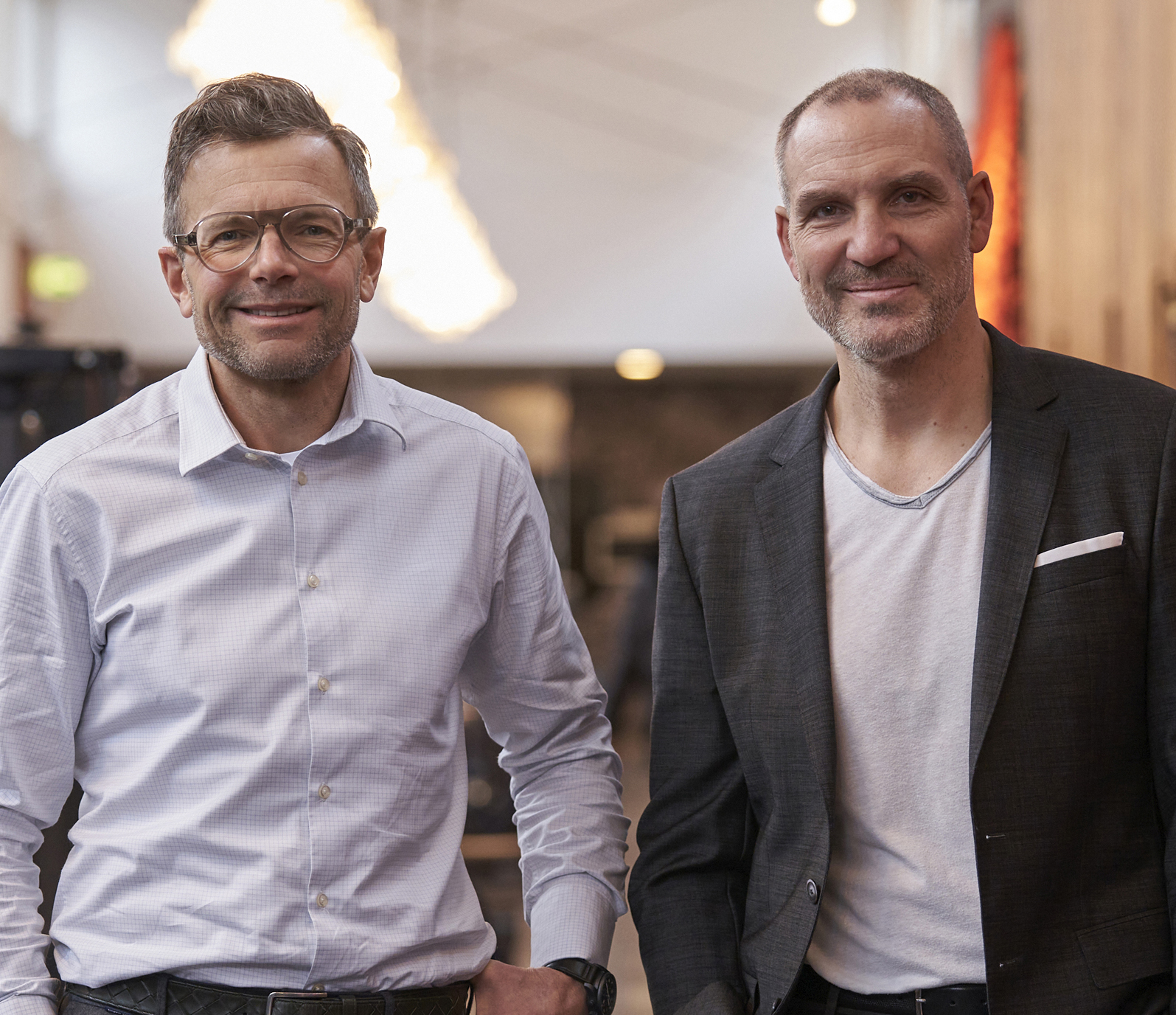
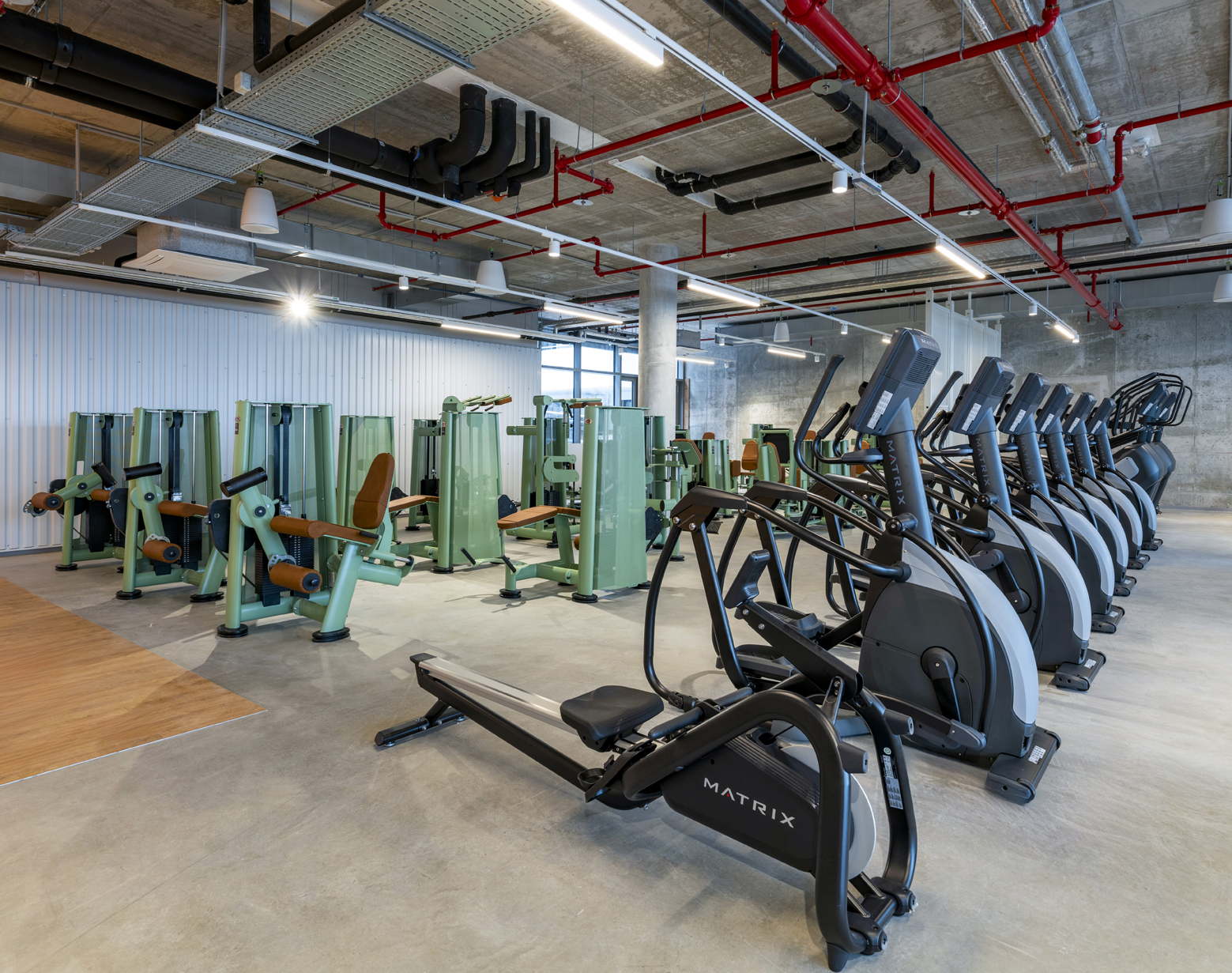
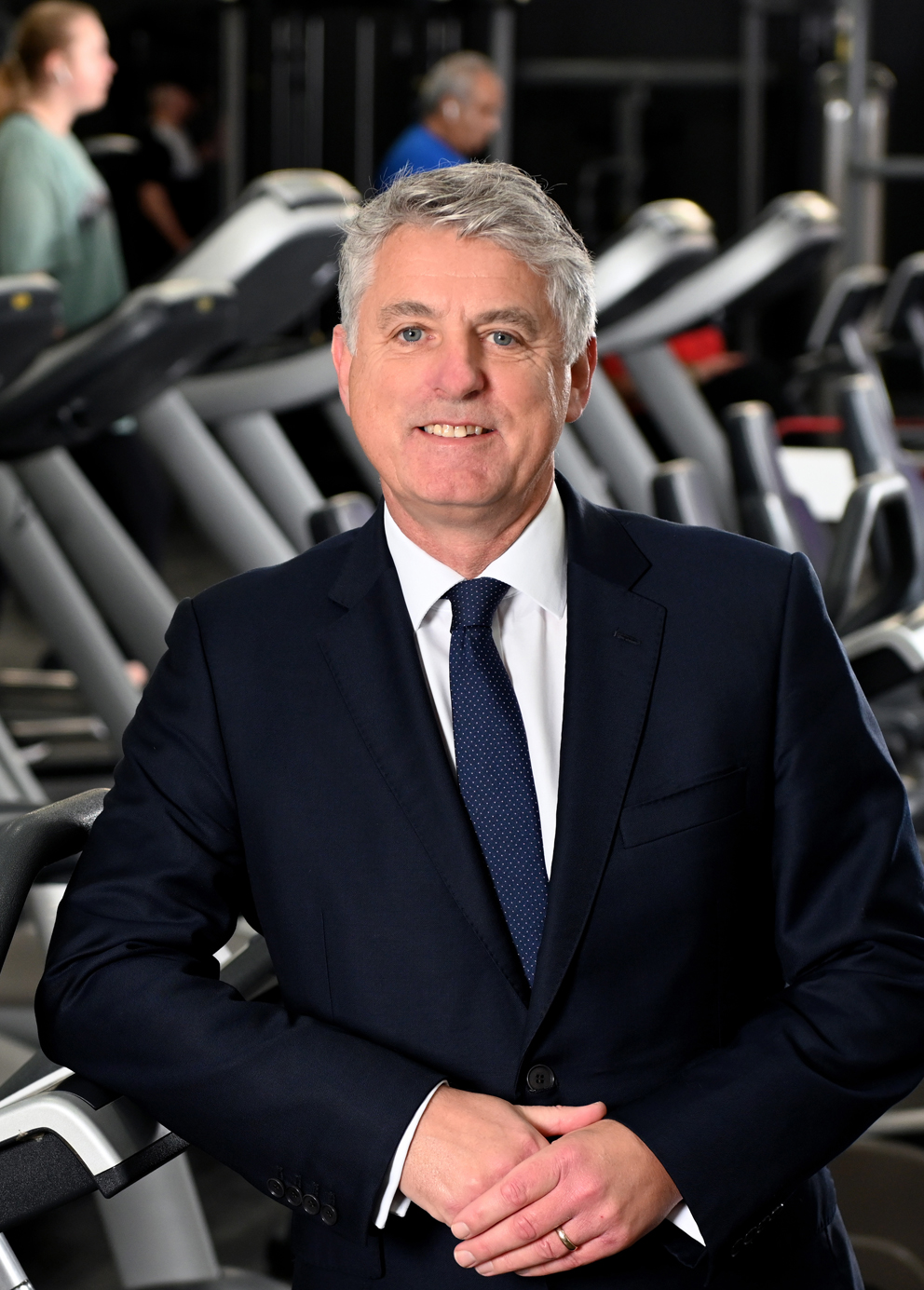
Last year – GLL’s 30th year of operation – was defined by resilience, rejuvenation, and reimagination. There were a number of financial challenges that we matched with robust plans to mitigate potential impact, deliver our financial plans and allow us to focus on forward-looking strategies.
Positive progress across many agendas in 2023 has enabled us to enter 2024 with optimism and knowledge that the foundations for forward plans are in place. We also have a number of exciting innovations that will come through this year, assisting both GLL and the sector to enhance its messaging and impact.
Last year we launched our Five Year Plan, which includes exciting new agendas and a range of performance outcomes, that will enable us to showcase how the sector can be at the vanguard of societal, economic and environmental change.
GLL’s 2023 customer survey had 42,000 responses which provided us with key information to help shape our values, customer experience and local impact. This customer insight and data will shape product innovation, consumer engagement and increases in activity levels.
A range of new partnerships with multiple agencies will help us expedite the power of collaboration to develop long term and sustainable solutions across extensive health and wellbeing agendas. Continued digitalisation will drive better community outcomes, as well as business efficiency and customer interaction.
We expect heightened focus to strengthen the sector’s workforce attractiveness, improve career development and grow skills and expertise to raise opportunities and resilience.


Operators rose to the challenge of 2023, remaining resilient and resourceful in a perfect storm of global economic conditions, a changing consumer landscape and labour market conditions.
Going forward, I think we’ll see operators making increasingly bold plays to stand out in a competitive market. We’re hearing that member tenures are skewing shorter, so elevating the member experience to provide an irresistible offer that holds their attention for longer will become table stakes. Talent acquisition and retention will be crucial to elevating the member experience.
The gamification of fitness offers potential to reach consumers and fitness novices alike, providing new routes to exercise for those not currently working out. We’ll see AI influence what fitness experiences look and feel like, but not to the extent that it supplants human connection.
Our own research, the Gen Z Fitness: Cracking the Code report, delved deep into younger members’ training habits, revealing the size of the opportunity that awaits operators willing to meet the specific needs of this group. Half of Gen Z are ready to start working out and those already exercising have a strong preference for choosing different workouts.
With research showing that 55 per cent of Gen Z average eight hours a day online, operators who acknowledge the power of social media are the ones primed to win. Savvy clubs will harness the power of their own star team members to drive footfall, creating a desirable community, not just a place to work out.
We’re excited to continue rolling out our Limited Edition Collection – a suite of on-trend programmes providing boutique-style workouts. We’ll also be investing in live events, starting in London this February, showcasing our latest Limited Edition programme, Functional Strength, as well as boutique training concepts Ceremony and Conquer.

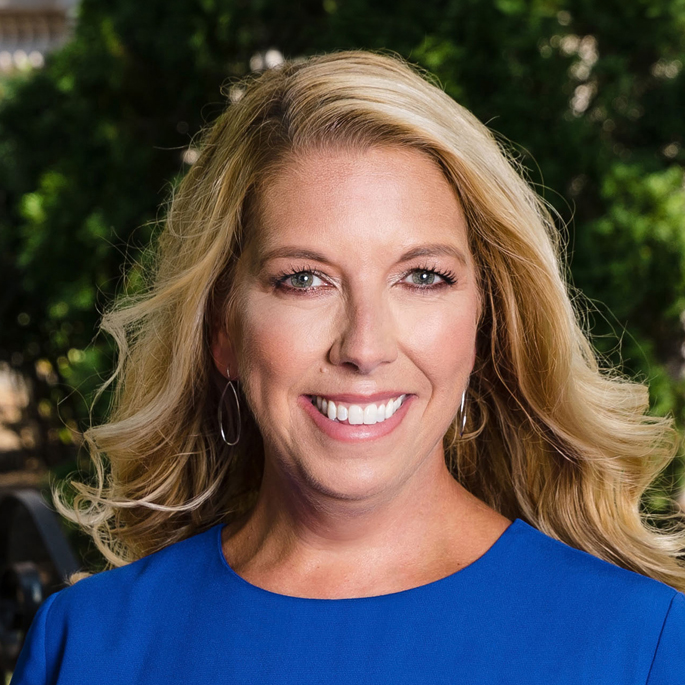
Last year saw the industry get back on a strong footing and charge ahead. It was also a year of renewal for industry advocacy. IHRSA held the first fly-in in Washington, DC in over a decade, bringing dozens of industry leaders face-to-face with elected officials and staff.
On the international front, IHRSA continued its longstanding advocacy with Organization for Economic Co-operation and Development and the World Health Organization and outlined new plans to sustain this vital work.
I saw so many trends and buzzworthy products and services at the IHRSA Convention and Trade Show. Some exciting examples include integrated mental health spaces and mental health programmes in clubs and workplaces. Wellness- and fitness-related travel is a hot topic: from curated exercise and endurance training to regional and community events.
Technology continues to evolve in exciting ways: our members and the industry are engaging consumers at the most local level via wearables and we’re seeing the emergence of AI as a true improvement and efficiency boost to recruitment and onboarding tasks.
Exercise for older adults and to support weight loss drugs are topics that are top of mind among our key audiences and leaders. As is community diversity – from the re-emergence of dance and related exercise programmes, thanks to TikTok and other platforms, to a host of programmes targeted and curated for key ethnic, cultural and other groups on a local basis.
The challenge for advocacy continues. IHRSA’s advocacy has been recognised by media outlets and political leaders for helping to re-establish a strong industry presence, but we can’t rest on our laurels as we compete with larger, better-funded industries for elected officials’ time and focus.
International advocacy and our federation partnerships are essential and we’ll expand these efforts, with exciting opportunities in store for this year. Inspired by our members, motivated by our industry, and guided by the value consumers are placing on the physical and mental health benefits of exercise, I’m optimistic about the year ahead.

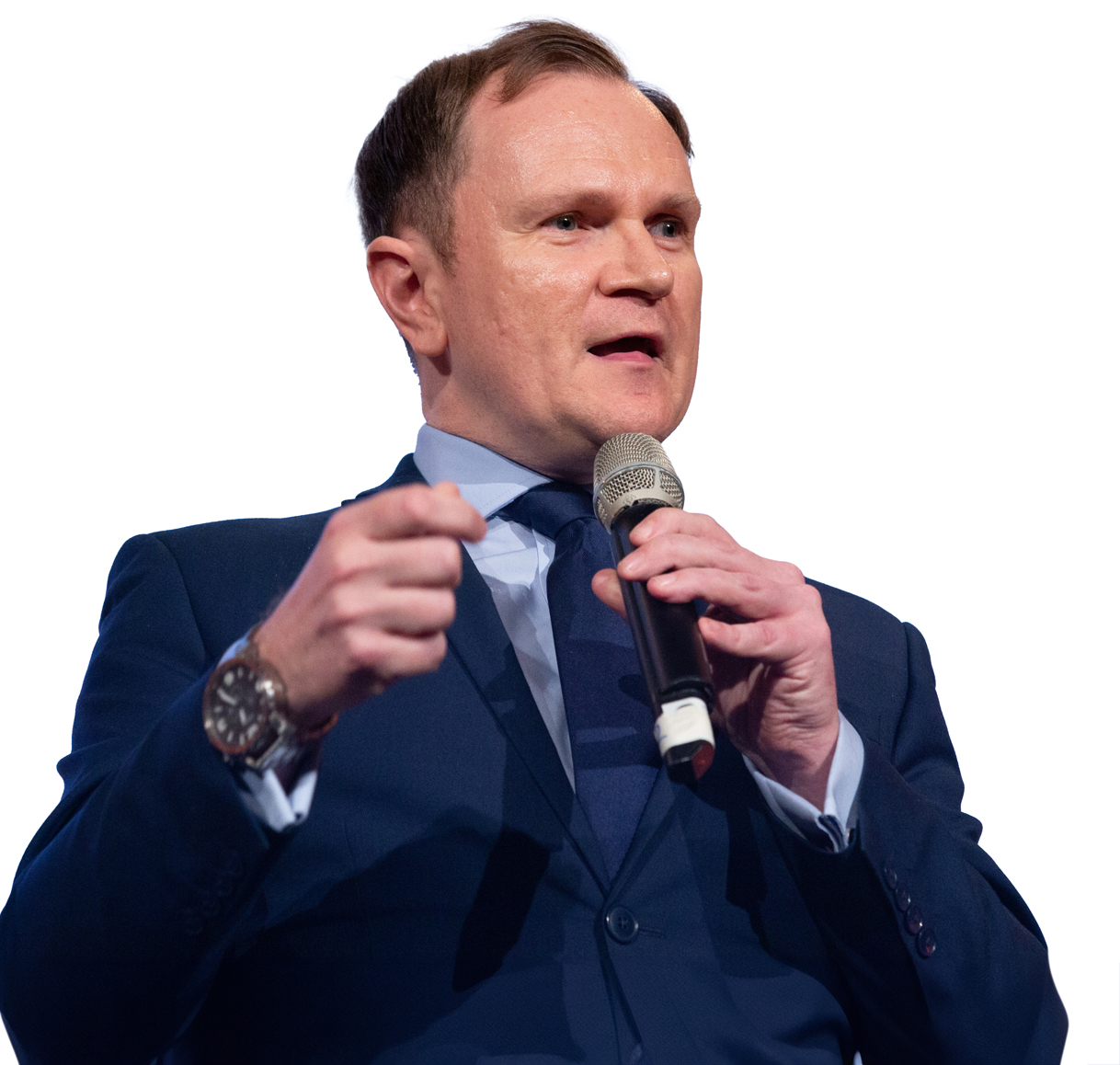
Last year saw further tests of our sector’s resilience, due to a combination of continuing macro-economic challenges as well as more specific industry challenges. It also showed our sector has evolved to move in the same direction and to answer our biggest health and societal challenges together.
We should take assurance from the fact that our sector has clearly learned important lessons from the pandemic and energy crises. To survive these challenges takes true collaboration – from sharing data to sharing a unified voice on areas of common ground.
With the UK approaching a General Election, our sector has huge relevance in providing solutions to the nation’s biggest challenges – the economy and health. NHS integration, occupational health and our role in improving mental health can form key pillars of our offer. Alongside these, our mission to reduce inequalities will see further focus on engaging under-represented groups such as women and girls, and people from under-served communities. There are clear opportunities for organisations of all types and sizes to play a role.
This year we’ll ensure the bonds between the health of the nation and its economic growth become even stronger, and that our leaders across industry and government understand this. We’ll be undertaking the most comprehensive programme of work yet to showcase and evidence the myriad ways our sector delivers health improvement and subsequently economic improvement.
As well as looking at our contribution to the UK’s economy and health landscape, the sector must continue to make strides in its own improvements, by striving to meet higher standards of inclusion and diversity and making spaces as accessible as possible. To be fit to play our fullest role nationally, we must embrace a renewed focus on inclusion and the expectations of all consumers, to experience a seamless digital service across our facilities, equipment and digital platforms. These fundamental challenges sit alongside environmental sustainability as the biggest areas of risk to our sector overall, and UK Active will be doing everything it can to support members on these journeys of improvement.
We should be optimistic about the future. Our sector has the chance to seize incredible opportunities.
